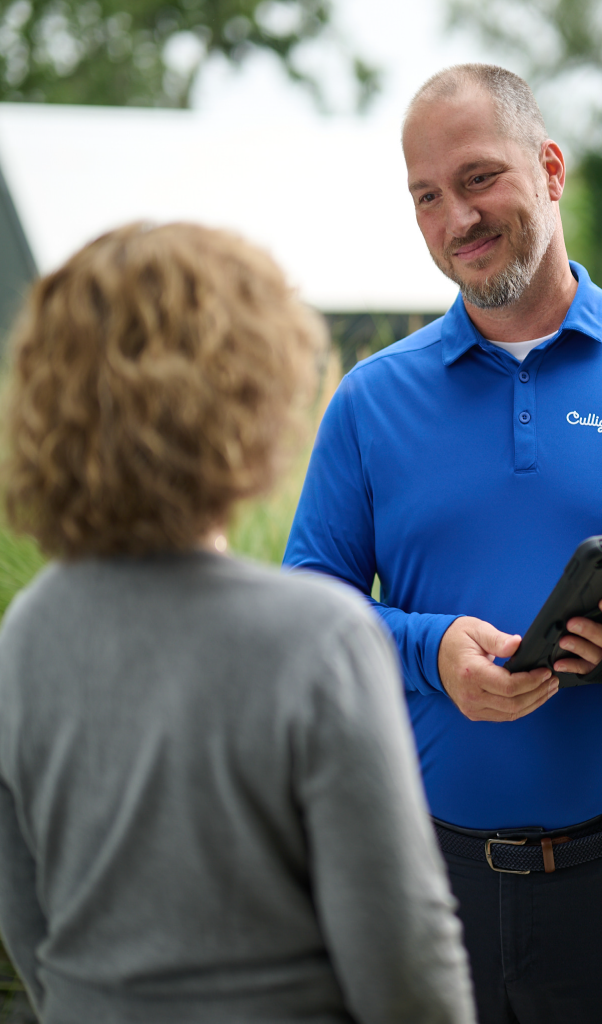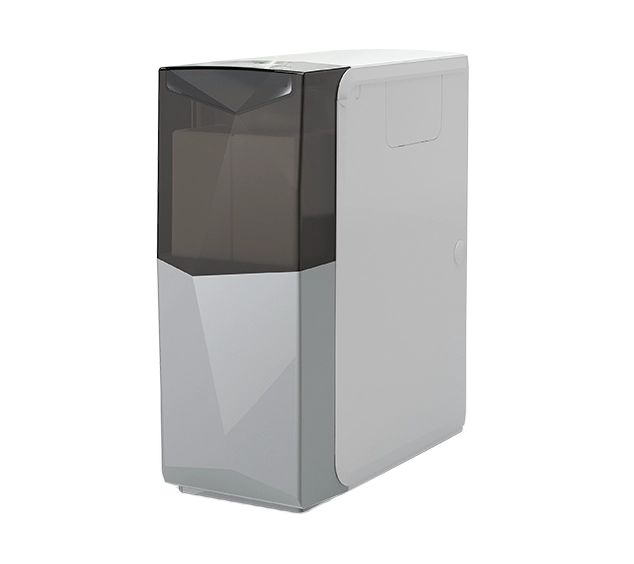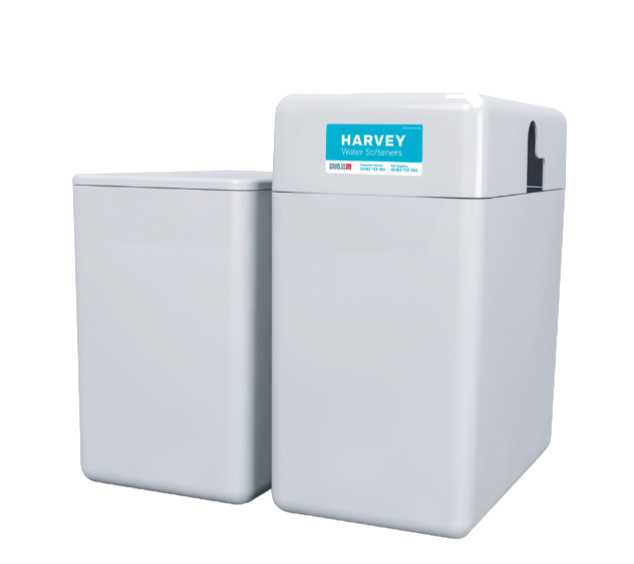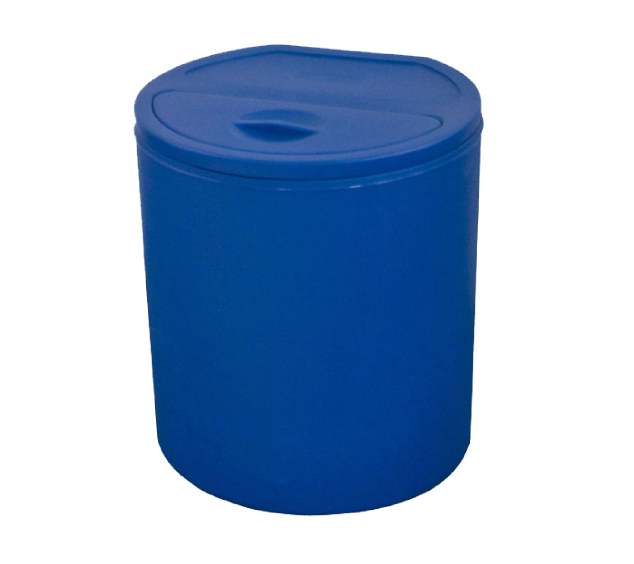

Experience the Power of Soft Water

What is soft water?
Soft water contains little or no dissolved calcium or magnesium, referred to as soft due to its simpler composition. It feels softer than hard water to the touch.
Naturally soft water is most commonly found in northern areas of the UK, while water softening treatments – such as the use of a water softener – enable people in all areas to soften the water in their homes and businesses.
How are hard water and soft water different?
The main difference between soft and hard water is its composition, which itself comes from the type of land onto which it falls when it rains. Around 60% of the UK has hard water, meaning it has a high mineral content.
Hard water has high levels of minerals like calcium or magnesium, while soft water doesn’t have the same mineral content.
Defining soft water
In areas where the ground is made up of non-porous rock, the rainwater simply runs off that rock and straight into the reservoir where it is gathered before being sent to your home.
This means the water reaches the reservoir in the exact same condition it was in when it first fell – which, as we know, is soft.
Defining hard water
Hard water happens when the rain falls onto porous rock, like limestone and chalk. As it makes its way downhill, it seeps into the rock and through it, picking up minerals like calcium and magnesium along the way. When you have hard water, you’ll also have limescale in your home – that’s because the hardness minerals, calcium and magnesium, combine. You don’t get this when you have naturally soft water.
There are many benefits to softened water that mean more and more people are investing in softening the water coming into their home.

The benefits of soft water
Soft water has many benefits for the home, including the eradication of limescale for cleaner homes and potential benefits for the skin.
Rainfall is naturally soft, however due to our geological landscape, certain regions of the UK contain hard water caused by the rocks through which the rainwater runs on its way to the reservoir.
Soft water can also:
- Prevent limescale buildup – this can save you time cleaning unsightly stains and budget on cleaning equipment.
- Preserve your clothes’ softness – when compared to clothes washed with hard water, soft water can help colourful clothes stay soft and bright for longer.
- Increase soap efficiency – soft water contains fewer minerals to interact with soap, which can make it easier to create bubbles and wash.

Softening your water
The term ‘water softening’ refers to the process through which the hard water minerals of calcium and magnesium are removed, leaving just pure, softened water in its place. Without these treatments, hard water may:
- Clog your pipes – especially in older homes with pipes made of galvanised steel, high amounts of calcium and magnesium can build up within your pipes and cause blockages.
- Change the taste of your water – opinions differ on what hard vs soft water tastes like, but you may find water containing more minerals to be more flavourful than desired.
- Leave unpleasant residue – also known as limescale, when hard water lands on a surface and evaporates, you’re left with a white, often ‘scaly’ stain. This can translate to extra time cleaning, as well as requiring potentially costly supplies to remove such stains.
- Interfere with your wellbeing – while certain amounts of minerals may be beneficial, in cases where you ingest too much calcium or magnesium this may impact your wellbeing.
There are various ways to soften your water, from micro-treatments like soft water shower heads, to whole home solutions like water softeners.
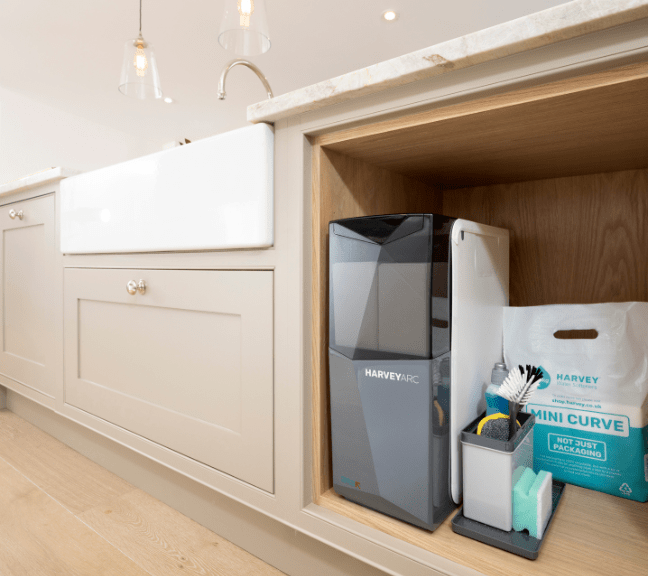
How do water softeners work?
However you choose to soften your water, the basic premise is that the calcium and magnesium minerals need to be removed. If you intend to use soft water throughout your entire home, the best place to perform the softening is at the source – where the water comes into your home, via your water pipes. That’s why whole home solutions like water softeners are so popular, particularly in those homes where cleanliness, appliance efficiency and skin health are valued.
The water softening process starts with ion exchange, in which the mineral content is drawn out through salt percolating through resin beads, and a regeneration stage through which the minerals are flushed from the system.

Effects of softened water
The effects of softened water on your home and wellbeing are widely documented and hugely positive. From keeping your home cleaner by eradicating limescale, to protecting your appliances and keeping skin happier, softened water can benefit you and your family in a variety of ways.
Is it safe to turn hard water soft?
On the whole, soft water is safe to drink. However, water softening equipment should be cleaned regularly to avoid any build-up of bacteria or fungi. If you are on a low-sodium diet, you should keep an eye on the amount of sodium being added to your water as part of the softening process. With the HarveyArc Water Softener you can monitor sodium levels through our app.
Products you might be interested in
More about soft water
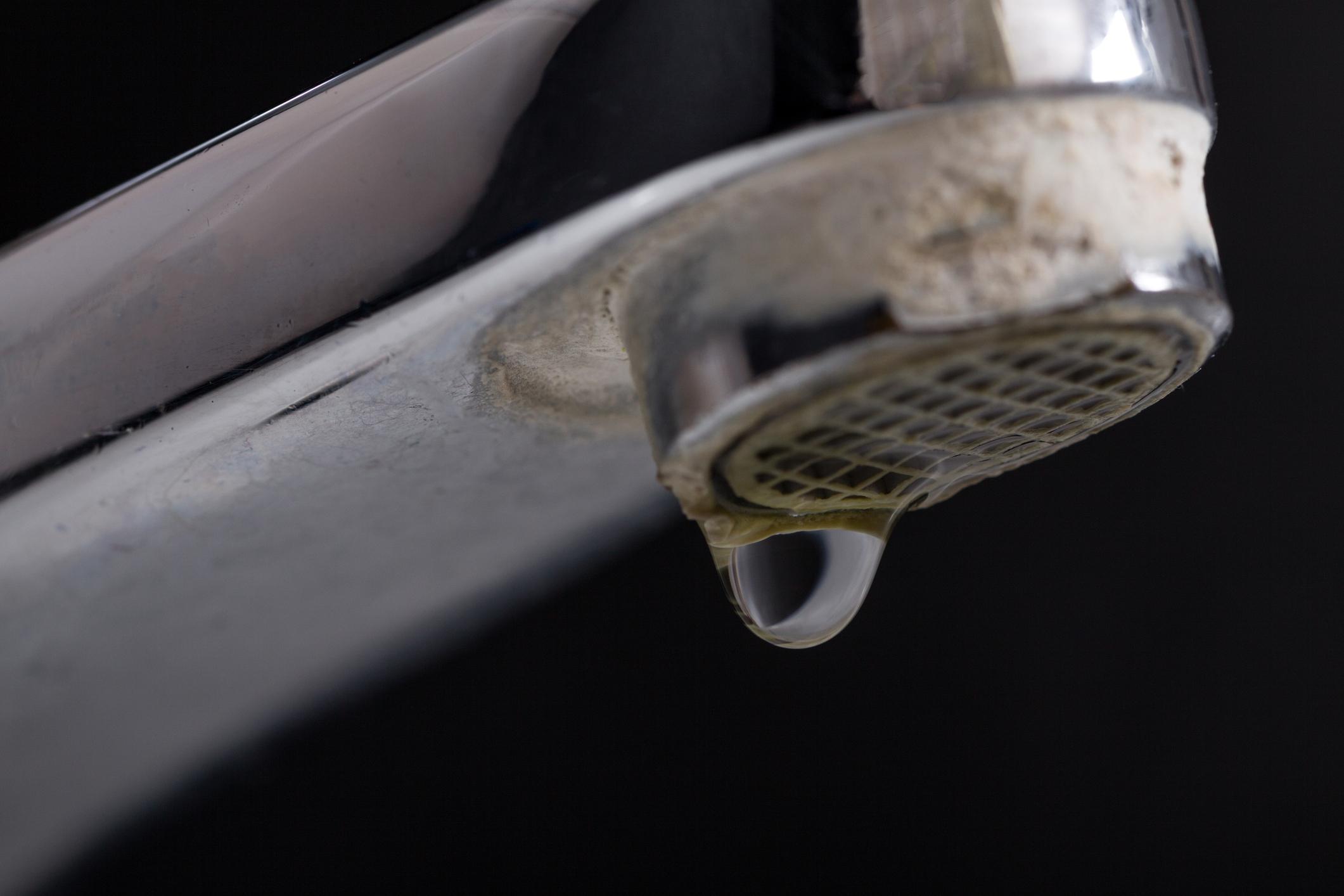
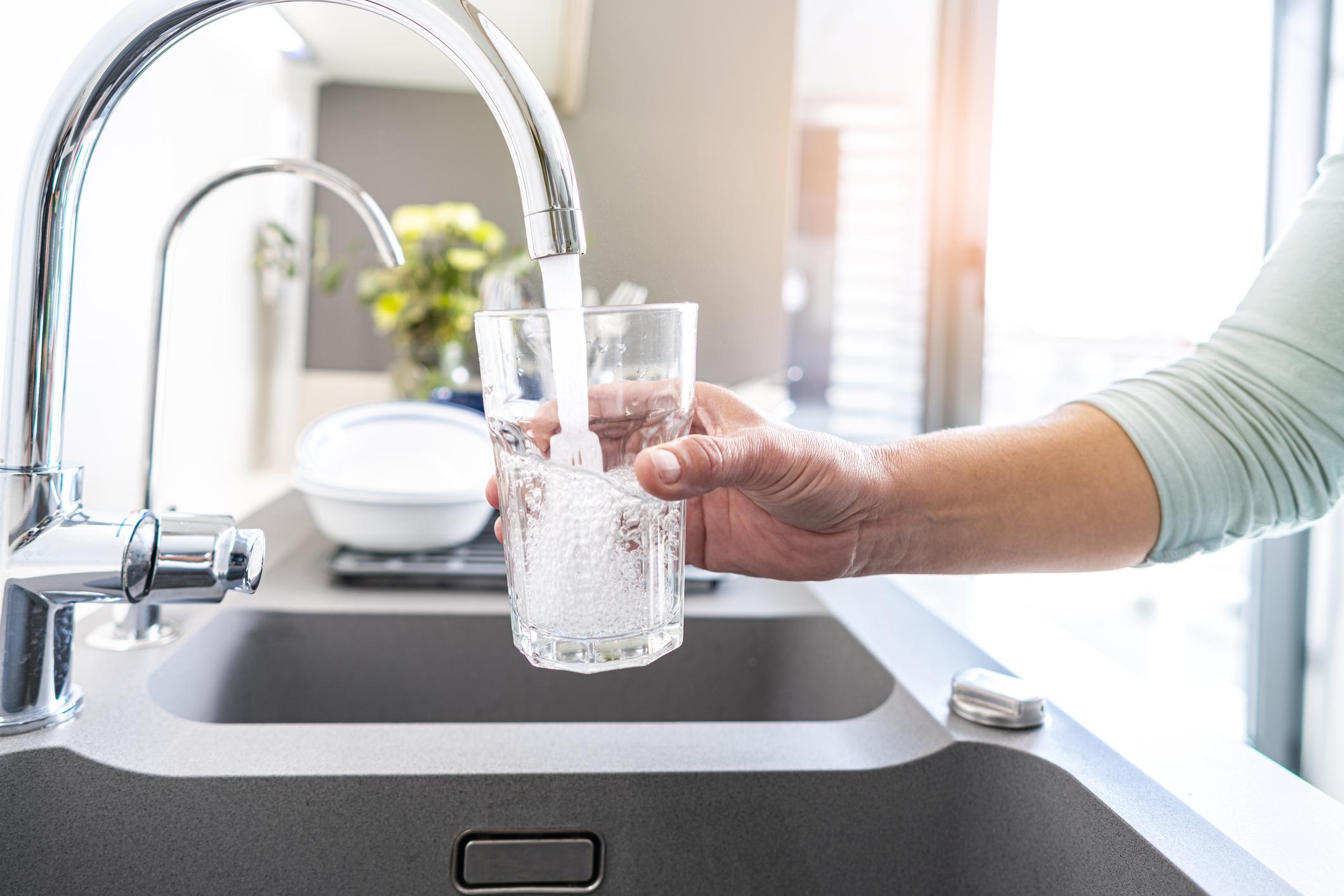

The UK’s #1 selling Water Softener
Once you submit your details, what happens next?
- We’ll call to understand your requirements
- We can provide a water softener demo, either in your home, or virtually online.
- Receive a personalised quote based on your household’s needs.
- Start enjoying the benefits of soft water.
90-Day Money Back Guarantee
Fill out this form and one of the team will be in touch or call our team to speak to one of our experts 01483 753404.
